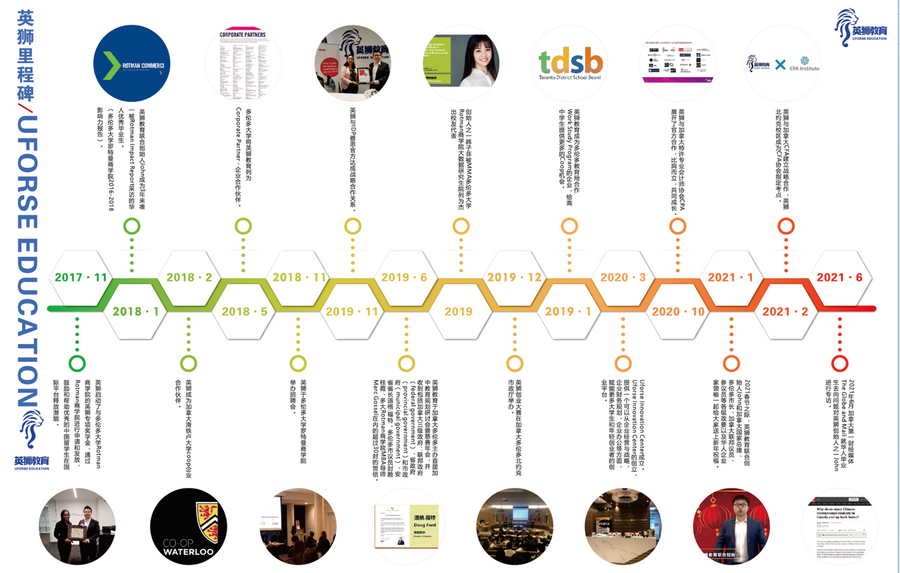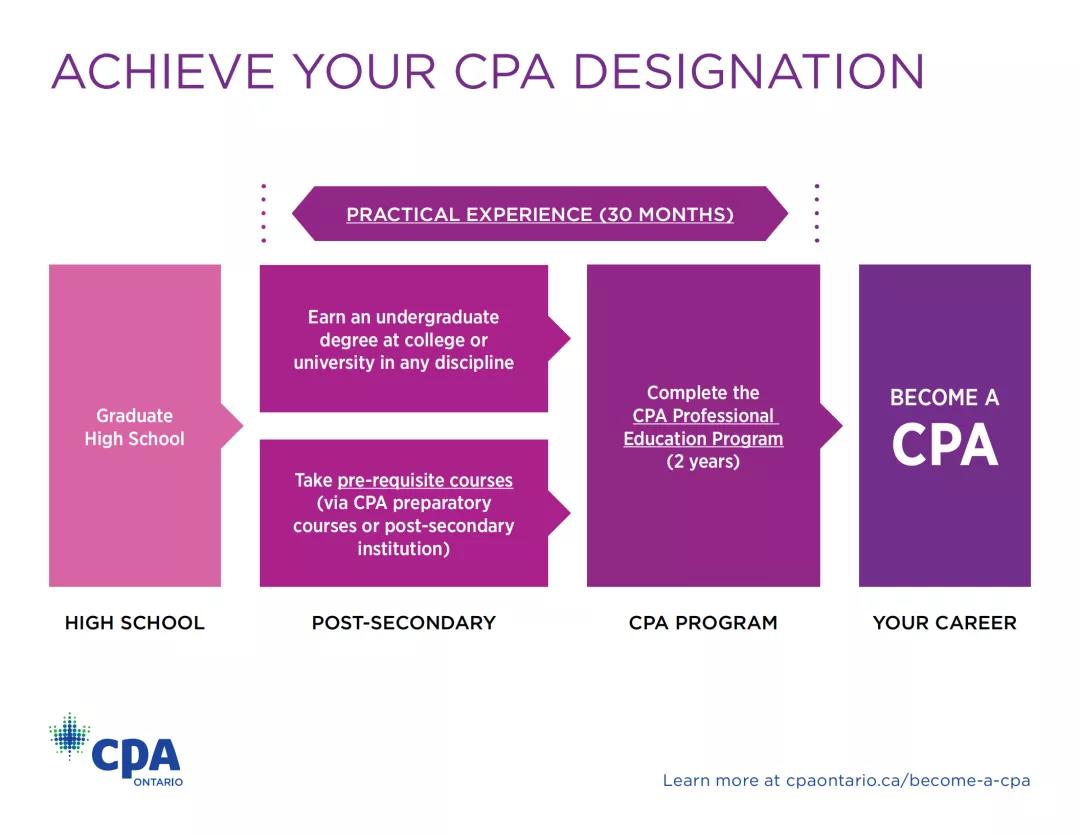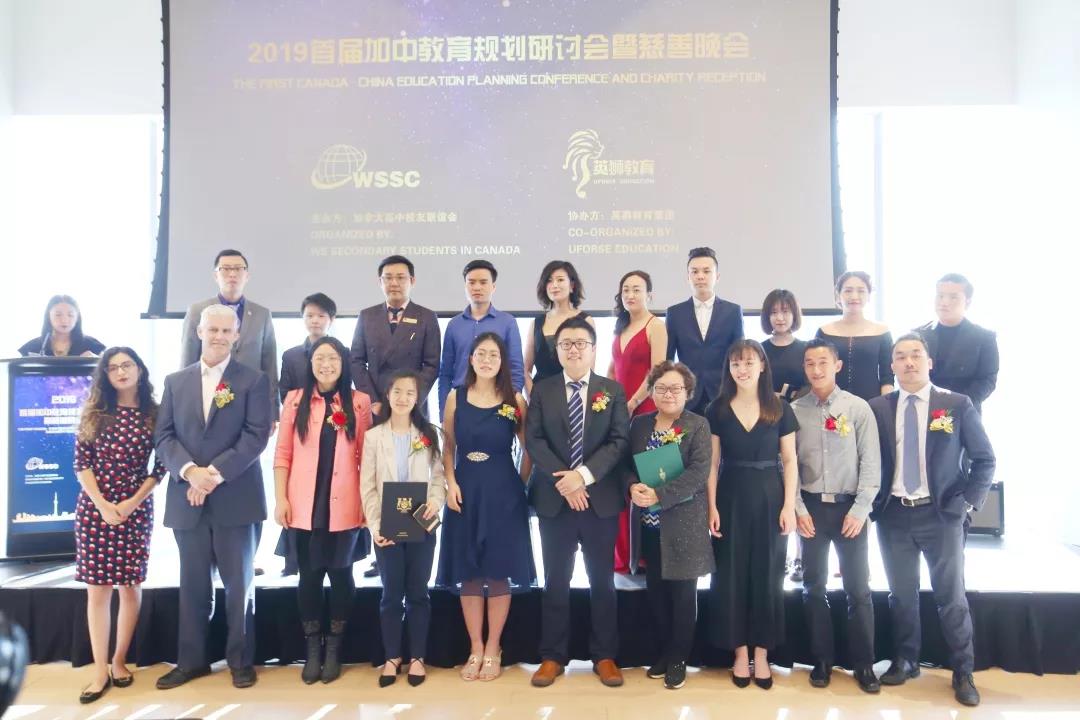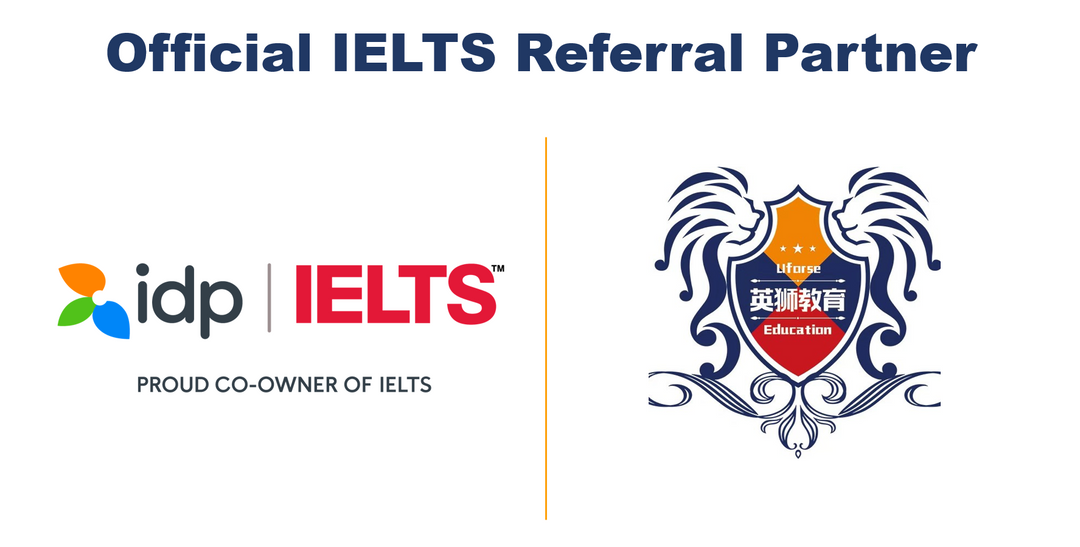[Review of Exclusive Interview with the Chief of Robotics Engineering] Robotic engineering is the most difficult major at the University of Toronto. What is the average score required for Grade 12 students?
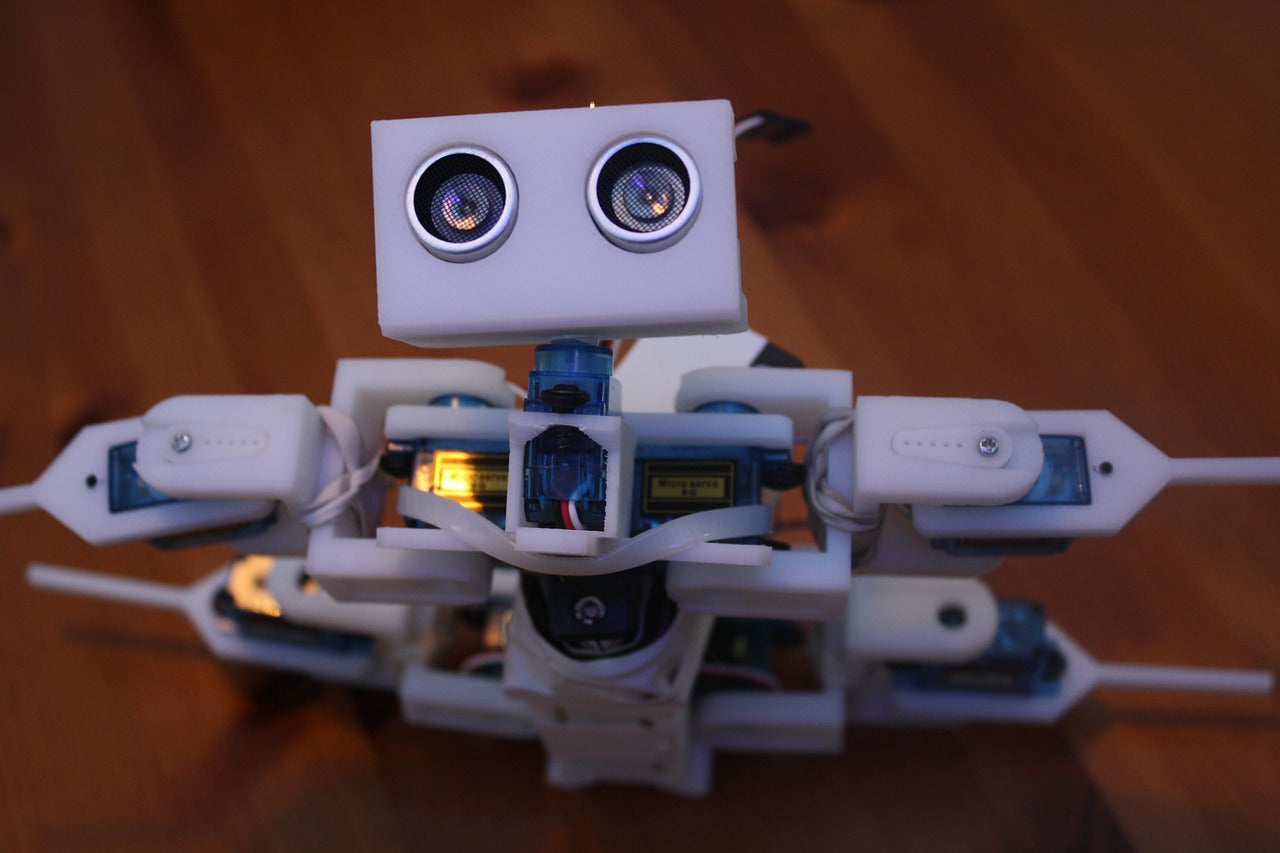
01 Robotics Engineering, University of Toronto
02 Senior Mark’s background introduction
Senior Mark is studying in the third year of Robotics Engineering at the University of Toronto. He has IELTS 7.0 and is applying for graduate school..
University courses:
Quantum Mechanics, Electromagnetism, Thermodynamics, Fluid mechanics, Calculus, Linear Algebra, Python, C, ARM Language, Engineering Design, Robot algorithm
intern experience:
CloudMinds
Product Manager: Use robots to do a scene definition and partial PRD input. "Cloud Ginger" is a humanoid robot with dexterous hands that has been used in a wide range of customer service scenarios such as education, reception, demonstrations, and elderly care.
University projects:
1. Robotic project (2022-10 to 2022-12)
2. Design of thermistor temperature measurement based on microcontroller (2022-03 to 2022-04)
3. Structural design of bridge (2020-11 to 2020-12)
Q1
How good are your grades when applying to college in high school?
Probably the average score of the top 6 is 97 points , advanced functions and calculus are both 100 points , physics is 99 points , and chemistry is 98 points . But entering engineering science requires an interview, and the only time you need outside assistance is during the interview! I found Yingshi to help with the video essay and successfully passed the engineering science admissions program at U of T.
Q2
Is Core 8 the same as Engineering science?
Core 8 at U of T is different from engineering science. In my freshman year, core 8 had one less class than engineering science, which means it was 5 classes. For example, if you choose mechanical engineering, it is one of the core 8, and chemical engineering is also one of the core 8. Then what you studied from freshman to senior year were all about mechanical content. But Engineering Science is different. In the first two years, you take more general courses, such as calculus. Engineering science has 8 majors to choose from, namely aerospace, biomedical, electrical and computer, energy system, engineering mathematics statistics and finance, engineering physics, machine intelligence and robotics engineering (the latter two majors are the latest)
Q3
What exactly is Robotic engineering?
Robotic does not only refer to machines that look like humans. It actually also includes those robotic arms in automotive engineering, which are also a type of robot. Controlling the robotic arms requires algorithms and manual writing of algorithms. Another example is that there are four wheels on which things can be moved to move goods in a factory. Algorithms are also needed to control the route the machine takes.
Students will learn the design of key components of robotic systems, including circuits, algorithms, and control systems. Mechanical engineering is currently used in many fields, such as manufacturing, healthcare, logistics and warehousing, agriculture, home robots, etc. For example, in manufacturing, robots help production lines improve production efficiency and reduce labor costs.
Robotics Engineering Program at the University of Toronto:
Focuses on perception, reasoning and acting as the three key functions of intelligent robots, with special emphasis on systematic learning through design and content research opportunities.
Topics include mobile robotics, computer vision and perception, artificial intelligence and machine learning, robot modeling and system control, dynamics and control systems, and analog and digital electronics. Students also explore the relationship between robots and society and are taught to consider ethical, social, economic and safety implications when designing.
Robotics Engineering Q&A Session
Q: "Is entering this major (EngSci) the only way to study robotics engineering at U of T?"
Official answer from U of T: U of T Engineering offers a variety of avenues for research in this field. The Robotics and Mechatronics minor is available to all engineering undergraduates except those in the EngSci Robotics Engineering major.
The Mechanical Engineering Program also offers courses in mechatronics and manufacturing. Its courses focus more on mechatronics, while the EngSci major emphasizes "autonomy" (that is, providing artificial intelligence for robots).
Q: “How many students in this major participate in PEY Co-op in their junior year?”
Official answer from U of T: Over the past few years, more than half of robotics engineering students have participated in PEY Co-op internship programs with companies such as AMD, Conavi Medical, Dessa, Intel, MDA Space Missions, Microsoft, NVIDIA and Zebra Technologies.
I hope that students can learn about the possibilities of future development in advance by understanding new majors. Robots, artificial intelligence, machinery, etc. have gradually become popular in all walks of life, and the demand for talents will also increase. At the same time, there will be more and more demands for these majors. Admission requirements will also gradually increase.
If you are also eager to apply for Canada’s top universities
But I don’t know how to do background enhancement
No matter what stage of high school you are currently in
Or have any questions about studying abroad?
The best time to start is now!
👇Scan the QR code of the academic advisor for free consultation



